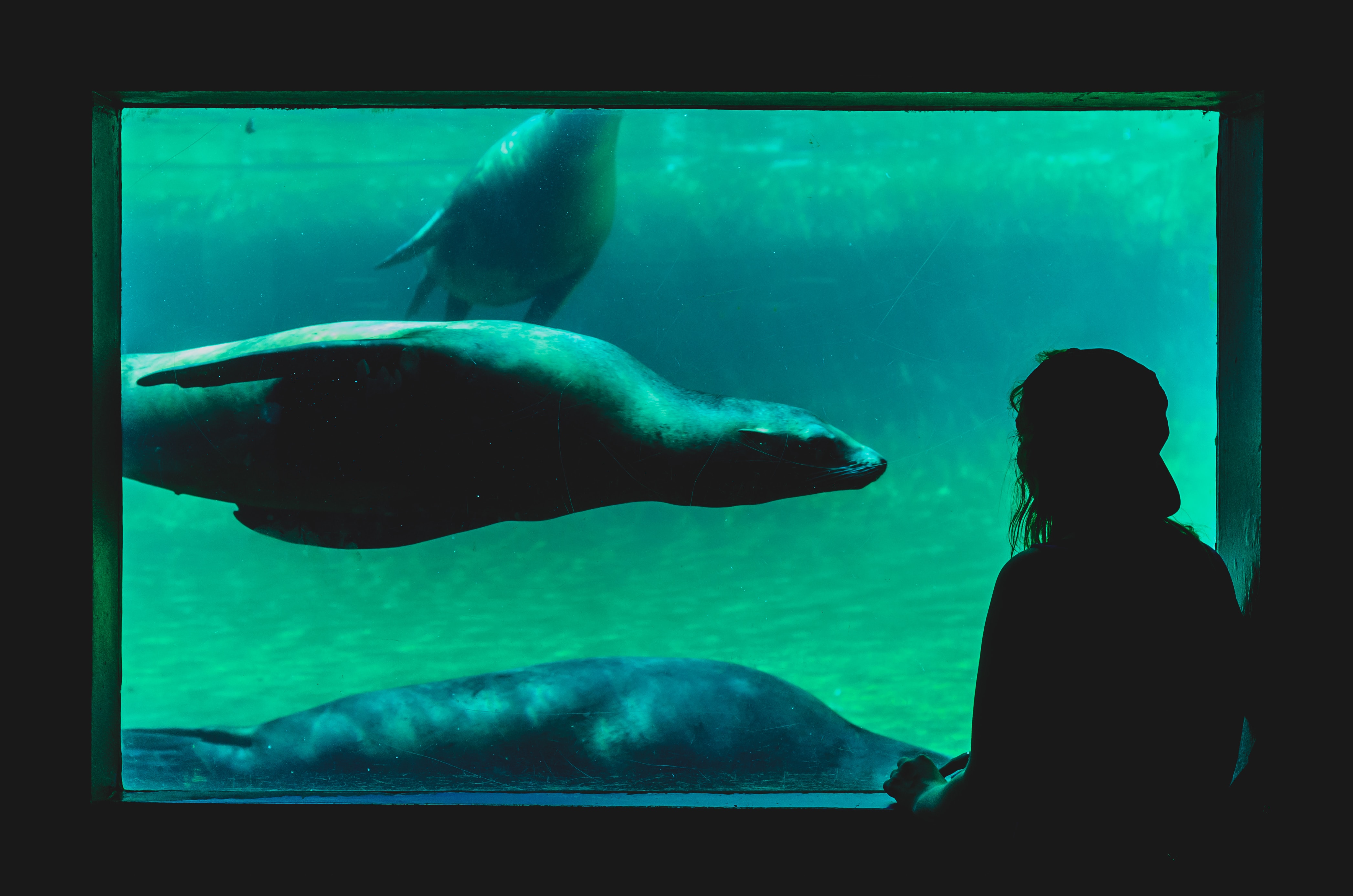Media release
From:
Intense public debate has led to governmental bans on marine mammals in zoos, fueled by the belief that their survival in captivity is inferior to the wild. However, using statistical methods applied to data from zoo-held and wild populations of four marine mammal species (harbour seal, California sea lion, polar bear, common bottlenose dolphin) reveals significant improvements. Over the last century, life expectancy in zoos increased by up to 3.40 times for these species, and first-year mortality decreased by up to 31%. Currently, zoo animals benefit from life expectancies 1.65 to 3.55 times longer than their wild counterparts. These gains are attributed to improved management practices, paralleling advancements in human healthcare. Embracing science-based decisions can guide effective legislative changes and enhance animal welfare in captivity.



 International
International



